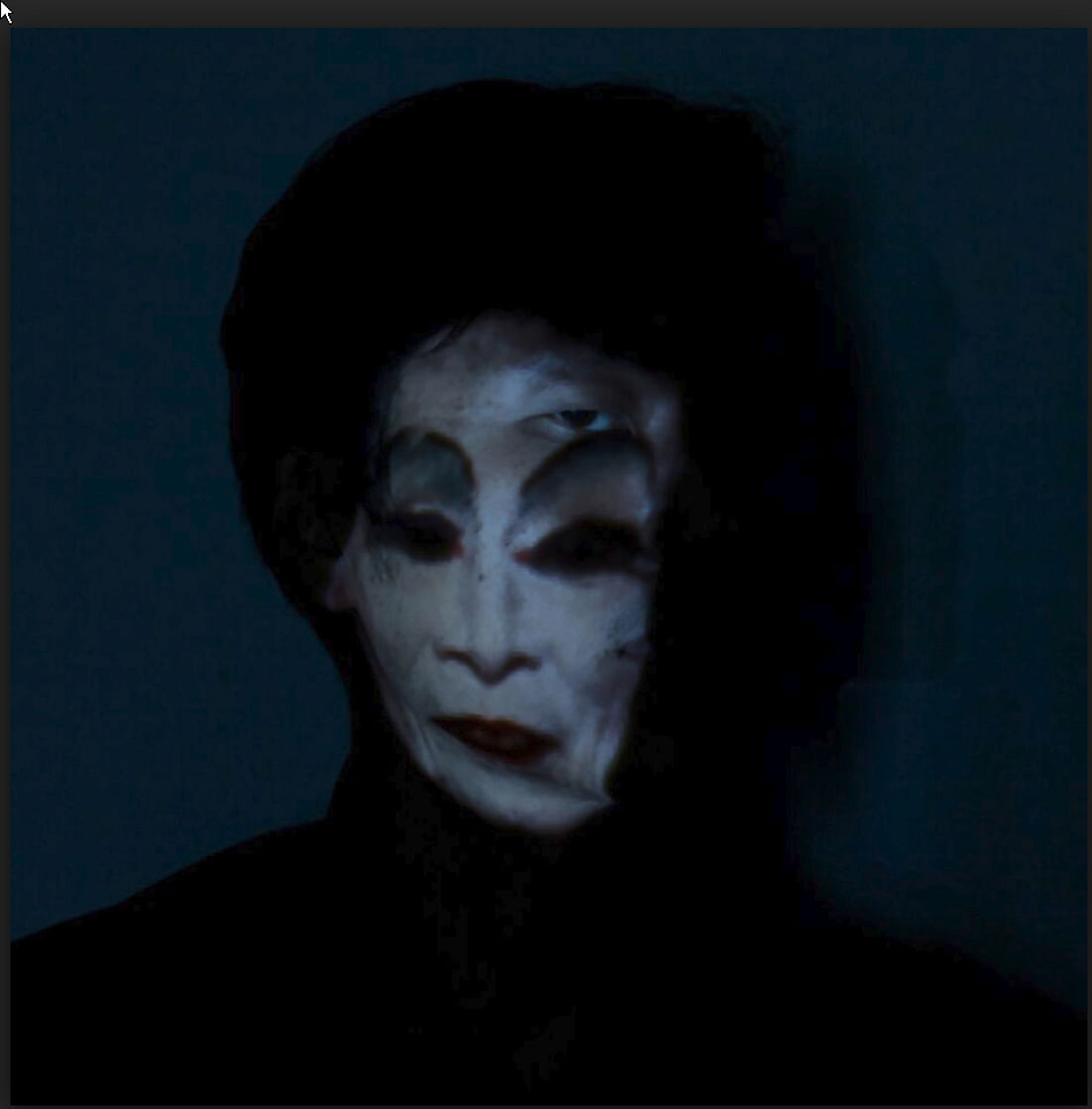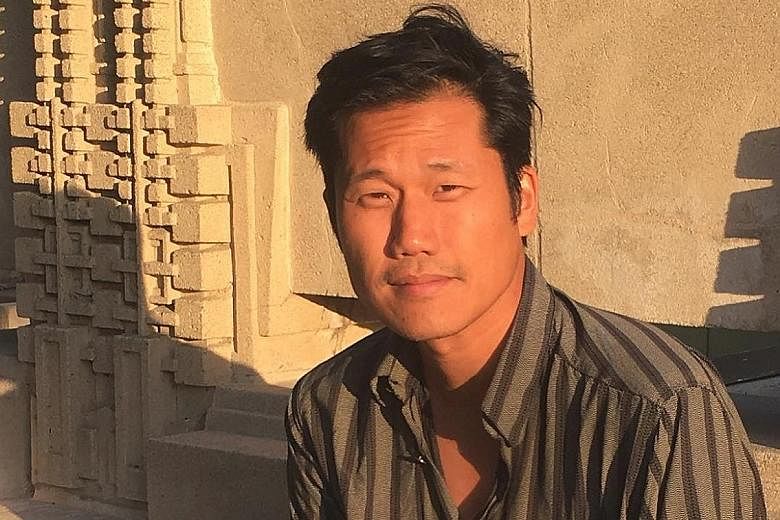AMBIENT
DIVINE WEIGHT
Alex Zhang Hungtai
NON Worldwide
4 stars
Fearlessness is the mother of reinvention, opined Arianna Huffington, co-founder and editor-in-chief of news and opinion website The Huffington Post.
Her quote is an apt description of the career of Alex Zhang Hungtai, the Taipei-born Canadian musician who has been transforming himself ceaselessly since making a breakthrough with Badlands, his 2011 album under his moniker Dirty Beaches.
He stood out with a particular outsider vision - rockabilly and doo-wop channelled through a cinematic lens influenced by the likes of film-makers David Lynch, Jim Jarmusch and Wong Kar-wai. At the same time, he imbibed the proto-punk juice of Suicide and Cramps and the surf-pop of the Beach Boys to create an intoxicating brew of nostalgia and displacement.
He turned his back on that with electro and synth-filled instrumentation before abandoning the Dirty Beaches name altogether in 2014. Since then, he has released music under Last Lizard, went to Lisbon to work on a jazz trio, started a drone trio called Love Theme, as well as appeared on the revived cult series Twin Peaks as a member of Trouble, the house band.
Divine Weight, only his second album under his real name, is the latest reincarnation of his restless, shape-shifting artistry.
It is a game changer: It sounds new yet timeless, an eradication of any musical baggage he was saddled with, as well as a reset of his own itinerant identity.

Salvaged from hours of failed saxophone recordings, he has melted them down and alchemised the repurposed material into a five-track magnum opus that sounds nothing like sax. He has resurrected something unsightly into supreme radiance.
The last few years of drifting have permeated his being. Inspired by Chilean auteur Alejandro Jodorowsky's school of shamanic psychotherapy called psychomagic, the album courses through elliptically titled, dream-like pieces to achieve release, even transcendence.
The first single Pierrot is named after the white-faced pantomime character from the 17th century, initially typecast as a sad clown, but now transformed by modernists and pop-culture artists as an alter-ego of the alienated artist.
As evidenced in its accompanying music video, the song becomes an existential treatise, a mirror for Zhang to question his own sense of belonging and self-worth, as the music resembles oceanic flutes.
In Matrimony, the saxophone has been transmogrified into a cavernous cathedral of drones and human-like chorus. It sounds almost spiritual.
Place and placelessness are explored in the next two tracks: This Is Not My Country, communicating the unimaginable loss felt by an unwanted immigrant; and its counterpart, Yaumatei, named after a district in Hong Kong where old meets new. The synths are draped like shards of memory, half-remembered. You could even hear snatches of Cantonese street chatter.
All these culminate in the 20-minute title track, an inexorable rain of organ-sounding synths which sounds like an exorcism of wants, as one crosses the boundary from mortality to divinity. What's next? What's out there? That is where Zhang is heading to.

